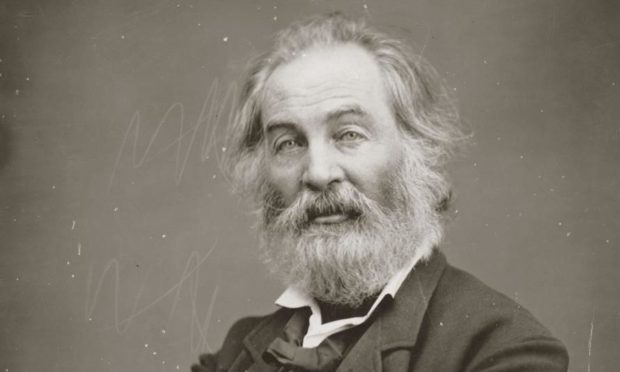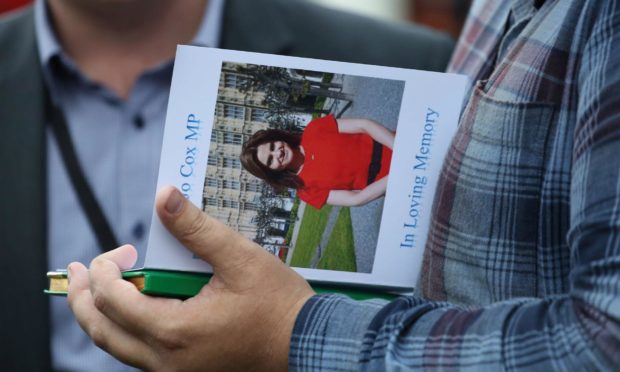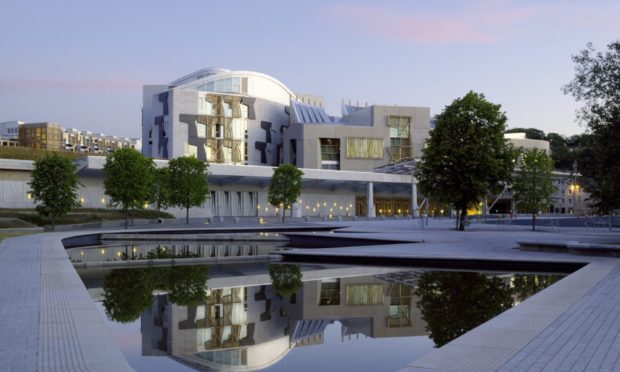American journalist and poet Walt Whitman is credited with saying “be curious, not judgmental”.
And there’s a thing or two we can learn in Scotland from the wisdom of a man who witnessed first hand the horrors of the American Civil War, his country torn apart and bitterly divided.
In my career as a foreign correspondent I’ve seen far too much conflict, where communities turned on each other, and neighbours became enemies.
From the Middle East to Latin America and across South Asia, petty rivalries erupt with alarming regularity, increasingly fuelled by inflammatory online posts about politics, culture, religion and countless other topics.
The entrenched tribalism at the heart of Scottish politics might not be as extreme as in many other places but it has brought us as a society to a place where we pre-judge someone based on their social media avatar, the flag on the profile picture or the link in their bio.
Letting our journalism speak for itself
So this election season we’re calling for more civility in politics. More conversation and less criticism.
We’re letting our journalism speak for itself, as we dive into the issues that matter most to the people in our communities.
And we’re encouraging voters, politicians, business leaders, sports men and women, candidates and people of influence and power to join us in trying to be more thoughtful, more respectful online.
And we’re not alone. Many politicians, of all ideological hues, have already been saying the same – even if sometimes it feels like nobody is listening – because they remember not so long ago the murder of Labour MP Jo Cox, at the fever pitch of the Brexit campaign, killed by a man with twisted ideas about nationalism and white supremacy.
That sort of extreme violence is thankfully very rare in this country.
But every day online there’s swearing, derogatory comments, sexist and homophobic remarks, sectarian insults, and racist invective hurled around in the name of ‘political discussion’.
And it’s not just on the fringes where bad behaviour happens. Even if we don’t insult someone outright, who among us can say we haven’t fired off an intemperate tweet or been trigger-happy with the block button?
I do understand there’s little chance we can solve the problem of Scotland’s heated online political rhetoric overnight, but we can at least make a start by encouraging more thoughtful dialogue, and we’ve already started by asking candidates across the country to say something nice about their main opponents – and mean it.
During their spring leadership campaign, Scottish Labour’s Anas Sarwar and Monica Lennon were among our first guinea pigs when we asked them both to say some positive words about each other – and they happily obliged.
Recently I asked Willie Rennie of the Liberal Democrats the same question and he had no hesitation, responding with kind comments about his political peers.
‘Just cheer!’
Unfortunately not every politician is showing an interest in civility. Just this week I noticed a Scottish MP sharing content from a fringe website that has been banned from Twitter for repeatedly breaking the platform’s rules against hateful conduct.
It’s regrettable that an elected Member of Parliament would feel it’s appropriate to give that sort of website some more publicity, and shows there’s still plenty of work to be done.
So this election season, difficult though it may be, resist the urge to get drawn into online arguments, engage in positive discussions, try to find common ground with opponents – be civil even if you disagree.
And maybe Walt Whitman said it best. “Cheer! Cheer! Is there anything better in this world anywhere than cheer, just cheer? Any religion better? Any art? Just cheer!”


